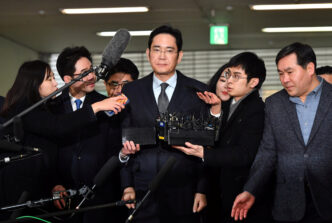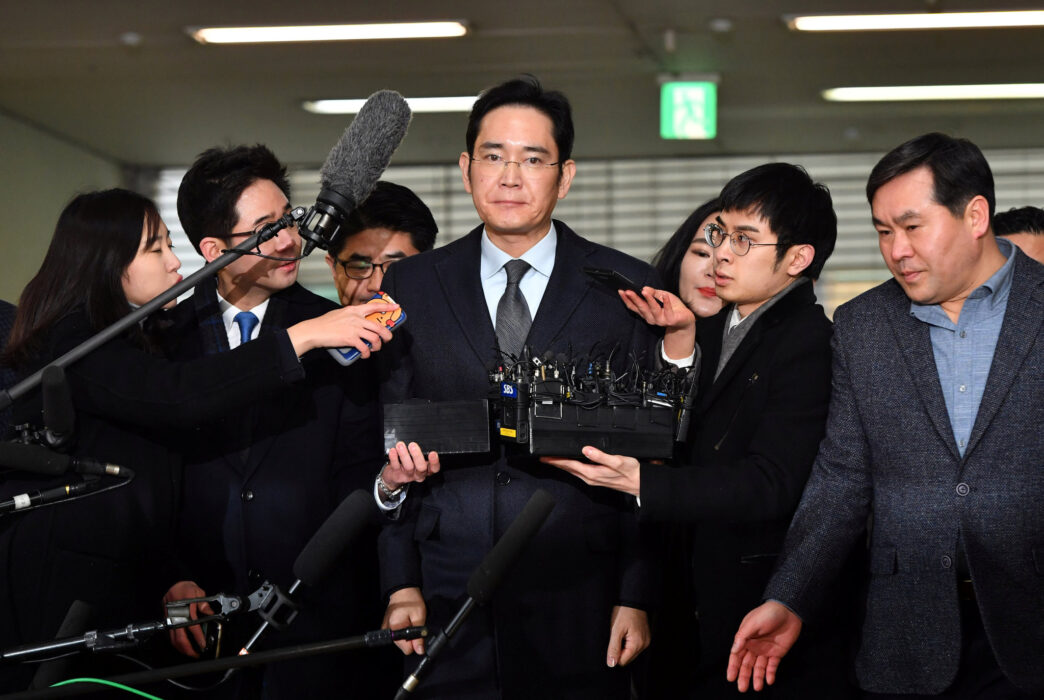South Korea’s rapid post-war industrialization and economic miracle, often dubbed the “Miracle on the Han River,” owes much of its success to the rise of chaebols—large, family-controlled conglomerates that dominate the country’s business landscape. These sprawling corporate empires wield immense influence not only over the economy but also over politics, culture, and even international diplomacy. In 2025, chaebols remain central to South Korea’s identity and global competitiveness.
Here’s a look at the most powerful chaebols shaping South Korea today:
1. Samsung Group
Chairman: Lee Jae-yong (Jay Y. Lee)
Industries: Electronics, finance, construction, biotech
Samsung is, without question, the crown jewel of South Korea’s chaebol empire. It accounts for roughly 15–20% of the country’s GDP through its subsidiaries, with Samsung Electronics being the global leader in semiconductors, smartphones, and display technologies. Under the leadership of Lee Jae-yong, Samsung has expanded into AI, 6G, and biotechnology, maintaining dominance despite regulatory scrutiny and succession challenges.
2. Hyundai Motor Group
Executive Chair: Euisun Chung
Industries: Automotive, construction, steel, logistics
Hyundai is South Korea’s top automaker and the third-largest in the world when including its subsidiaries, Kia and Genesis. The company is aggressively investing in electric vehicles (EVs), hydrogen fuel cell technology, and autonomous driving. Hyundai is also involved in smart city development and robotics, positioning itself for the future of mobility.
3. SK Group
Chairman: Chey Tae-won
Industries: Energy, telecommunications, semiconductors, chemicals
SK is a formidable player in multiple sectors. Its subsidiary, SK Hynix, is the world’s second-largest memory chip maker after Samsung. The group is also expanding aggressively into green energy and battery production for electric vehicles. Chey Tae-won, who also heads the Korea Chamber of Commerce and Industry, is one of the most politically connected figures in Korean business.
4. LG Group
Chairman: Koo Kwang-mo
Industries: Electronics, chemicals, telecommunications
Known for its high-quality consumer electronics and cutting-edge display technology, LG continues to compete globally through LG Electronics and LG Chem. LG Energy Solution, a battery supplier for global EV makers, has become a critical player in the clean tech space. The conglomerate has shown consistent innovation while maintaining a relatively scandal-free reputation.
5. Lotte Group
Chairman: Shin Dong-bin
Industries: Retail, food, chemicals, tourism, construction
Lotte started as a confectionery company in Japan but grew into a retail and industrial giant in Korea. Despite past succession disputes and political controversies, Lotte remains a top chaebol with its dominant department stores, hotels, and logistics arms. It’s also expanding into bio and health tech.
6. Hanwha Group
Chairman: Kim Dong-kwan (appointed successor)
Industries: Energy, defense, finance, chemicals
Hanwha has emerged as a major force in the defense and solar energy sectors. It recently acquired Daewoo Shipbuilding & Marine Engineering and is heavily involved in building Korea’s defense capabilities. Hanwha also invests in aerospace and space technology, aligning with the government’s ambitions for space exploration.
7. CJ Group
Chairman: Lee Jay-hyun
Industries: Food, entertainment, logistics, biotech
Spun off from Samsung in the 1990s, CJ has carved out a dominant role in K-culture exports—especially through its food products (Bibigo) and entertainment arm (CJ ENM), which plays a huge role in globalizing K-pop and Korean cinema. Its influence in soft power and cultural diplomacy is significant.
8. POSCO Group
Chairman: Jeong-Woo Choi
Industries: Steel, energy, materials
Originally a state-owned enterprise, POSCO became one of the world’s top steel producers. It has diversified into green energy, lithium battery materials, and hydrogen. POSCO is critical to Korea’s industrial backbone and is pushing for sustainability leadership in the heavy industry sector.
The Role of Chaebols in 2025
While chaebols have been engines of growth, they also face criticism for corporate opacity, succession scandals, and monopolistic practices. Over the past decade, reforms have aimed to reduce their grip on politics and create a more equitable economic structure. However, their economic influence remains virtually unmatched.
The new generation of chaebol leaders, many of whom studied abroad and come with more global perspectives, are focusing on ESG (environmental, social, governance) initiatives, digital transformation, and sustainability to align with global expectations and investor pressures.
Conclusion
In 2025, South Korea’s chaebols remain deeply entrenched in the nation’s economy and identity. Their evolution from traditional manufacturing giants to leaders in AI, green energy, EVs, and cultural exports reflects both their adaptability and ambition. As South Korea continues to assert itself on the world stage, these corporate giants will be key players not only in driving innovation but also in shaping global markets and geopolitics.
















